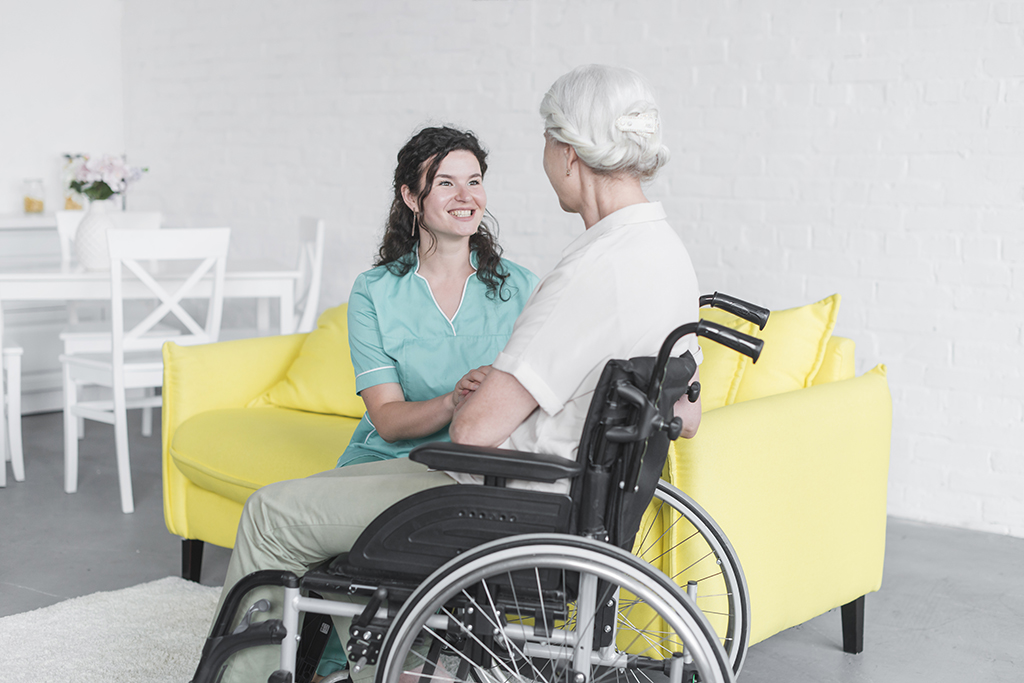
According to OECD research, by 2018, in the EU, around 7% of the population (over 60) have dementia. Studies foresee that this percentage will rise to over 8% by 2040 due to population ageing; the higher the number of elderly people in a country, the bigger the proportion of people with dementia. During the COVID-19 pandemic, the more vulnerable have been disproportionately impacted. Many people with dementia have been experiencing a worsening of symptoms due to social isolation and lack of access to care.
Moreover, adults and caregivers looking after people with dementia (PwD) have experienced an intensification in stress and burden for both the lack of knowledge on the behavioural and attitudinal changes that characterise dementia and the anti-COVID restrictive measures that have forced everyone at home.
Amongst the stressors, physical, emotional, and economic pressures are the ones that are affecting the most informal carers. For this reason, greater support for them is needed, including education on how to assist better in caring, a higher understanding of dementia itself, and the acquisition of educational methodologies to enable the engagement of PwD in cognitive activities. With this project, we aim to provide support to all those adults who look after people with dementia on a daily basis, with a specific focus on relatives, legal guardians, and informal carers, by developing useful training materials to decrease the physical, emotional, and economic burden to the families with suffering patients.
The direct target groups of this project will be adults and relatives who are informal carers of people suffering from dementia. Beneficiaries will be people with dementia, including its associated diseases, NGOs working with senior citizens or dementia or Alzheimer’s disease, nursing home facilities, residential care facilities, social workers and nurses, and volunteers providing assistance to PwD.
